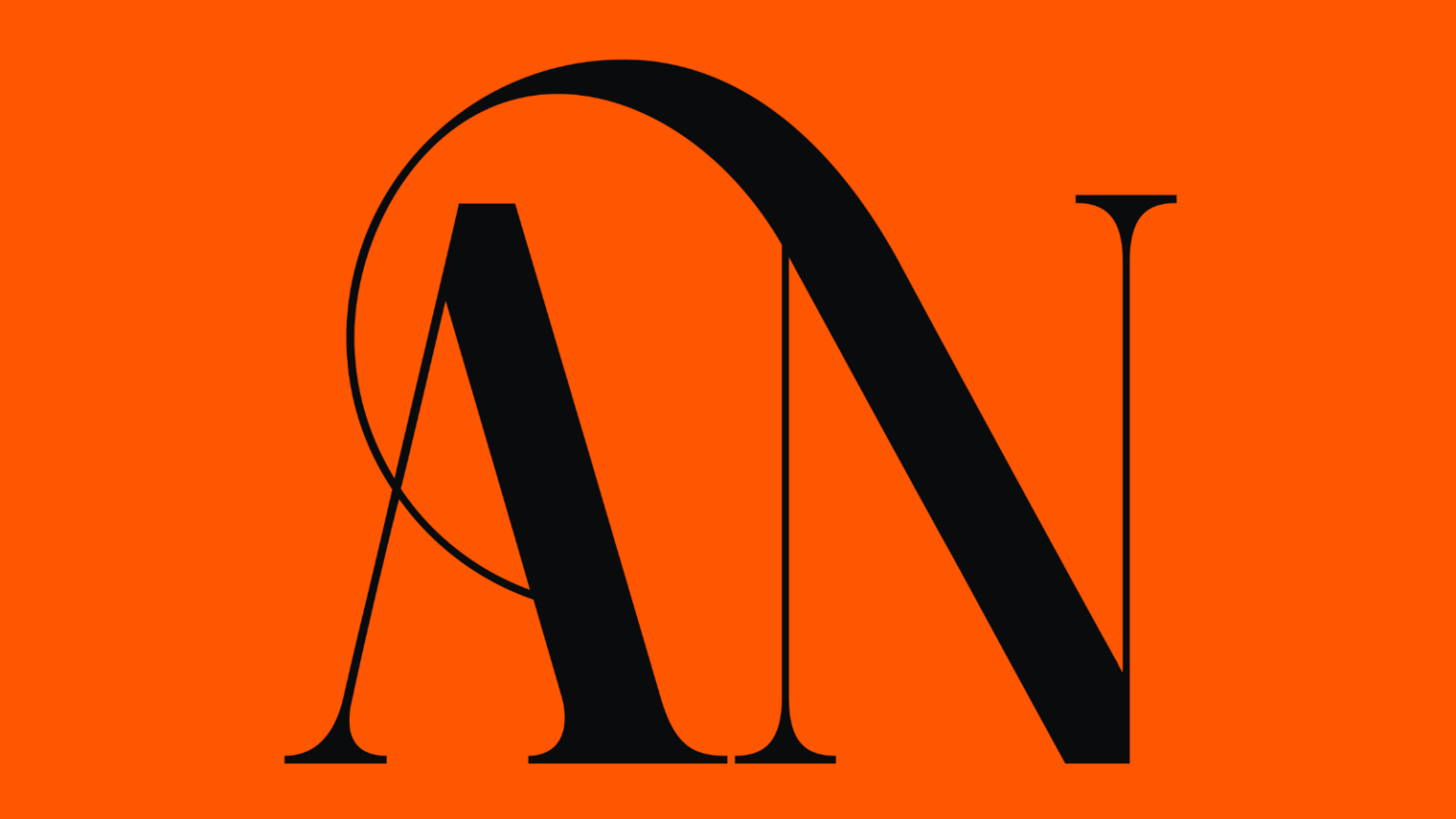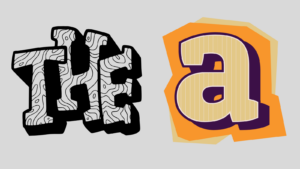What’s the Point of Articles in English?
Many years ago, when I was a new teacher, I taught a 5-day one-to-one intensive English course with a manager called Dorota. Her level of English was incredible: she was extremely fluent and accurate, and didn’t seem to need an English course at all. But after a few hours of struggling to teach her anything new, I managed to identify Dorota’s main weakness in English. She never used articles (a/the).
Dorota was Polish, and Polish people are well-known for struggling with articles; after all, there are no articles in Polish. But Dorota didn’t struggle with articles – she simply didn’t bother with them at all.
So I spent that evening photocopying whatever worksheets I could find that would help me teach Dorota about articles on day 2 of the course. I found a list of rules, a worksheet on articles and geographical names (e.g. __ Himalayas, __ Mount Everest) and a text with all the articles removed (e.g. My uncle is __ postman. He lives in __ small village in __ England). Armed with all these materials, how could I fail to teach her about articles and improve her English?
It was a disaster. She refused to look at the rules, and didn’t touch the worksheets.
Dorota’s question
“As you said yourself,” she explained, “I speak very fluently and accurately. Everyone understands me. Why do I need articles? If I start worrying about which articles to use, it’ll slow me right down. It’ll make my English worse, not better. What purpose do they serve? How do they help me? If you can’t answer my question, I’m not going to learn your stupid, complicated rules”.
And that was the problem. I could explain the rules, but I couldn’t explain how articles would help her. I could see her point: why she should even consider becoming less fluent in order to worry about these meaningless little words.
Left, right or straight on?
So … what’s the point of articles? The best way to think of them is like the indicator lights on your car. You use these to communicate three things: that you’re about to turn left, that you’re about to turn right, or that you’re planning to go straight on (signalled by not using the lights).
Think back to when you were learning to drive. Indicators were the easiest thing to forget. It was easy enough to use the steering wheel. The pedals and gears were complicated but learnable. But when you’re concentrating on all those things, who has time to think about indicators?
Do they allow you to go faster? No. Do they make your life as a driver easier in any way? No. So what’s the point? If you think back to Dorota’s question, these were basically the same questions that she asked about articles.
The answer to both questions, of course, is that indicators and articles aren’t there to help you, the driver/speaker. They’re there for the other drivers/listeners who have to work out your intentions and avoid crashes.
An accident waiting to happen
As I’ve just mentioned, non-use of indicator lights communicates an important message: that you’re going straight on. In the same way, non-use of articles often communicates something very specific. That’s why we talk about three articles in English: (1) ‘a/an’, (2) ‘the’ and (3) Ø, where Ø is the zero article, i.e. the absence of an article.
Here’s a summary of the main message communicated by each article:
- a/an: “Watch out – I’m going to change direction.”
- Ø: “Watch out – I’m going to change direction.”
- the: “Don’t worry – I’m continuing in the same direction.”
So skipping articles isn’t exactly like not using indicators. It’s like signalling right all the time, even when you’re planning to go straight on.
When we’re learning to drive, it doesn’t really matter if we misuse indicator lights from time to time. We’re driving slowly enough, and there’s a big letter “L” on top of the car telling other drivers to expect us to make mistakes, and to take care around us. Learner English-speakers don’t have L-plates, but they do tend to speak slowly and have quite strong accents, so it doesn’t really matter if they misuse articles.
But think back to Dorota – she was extremely fluent and natural-sounding in English, so her non-use of articles was much more of a problem. When she spoke, it was as if Dorota was driving at 100 km/h with her right indicator flashing all the time. An accident waiting to happen.
Two fundamental options
But what exactly are articles signalling? To explain, I’ll use a different image: a computer.
As a writer, I spend a lot of time working with MS Word. Whenever I start work in the morning, I have two fundamental options: I can either Open an existing document, in order to make some changes or add new text, or I can create a New document in order to start from scratch. Two options: Open and New.
Now, let’s think of your brain as something a little like a computer. As we go through life, we are constantly adding knowledge and experiences to our own memory banks. I have no idea how the brain works, but wouldn’t it be logical if it used the same two-way choice: open an existing file in memory in order to change it, or create a new memory file.
So let’s say you’ve got one file in your memory for every person you’ve ever met. You create a new file when you meet someone for the first time, and open that file every time you meet that person again or learn some new information about them. The same goes for everything else that you know and learn in life: your brain works by either creating new files in memory or opening existing files in order to add new information. The new vs. existing distinction is crucial.
From one brain to another
Where is all this going? Well, one of the key functions of language – any language, not just English – is to pass information from one person’s brain to another person’s brain. During a conversation, the other person receives thousands of pieces of information, all of which needs to be processed in her brain-computer. Some of the information requires her to create a new file; some requires her to open an existing file and make changes to it.
And, as I’m sure you’ve guessed by now, this is where articles come in. The basic meaning of ‘the’ is “Open an existing file in your memory”. The basic meaning of ‘a/an’ and Ø is “Create a new file” or “Add new information”. Articles are what allow us to receive huge amounts of information quickly, and to sort it so we know how to store it in our brains. They are important!
By not using articles, Dorota was clicking ‘New file’ all the time, and never allowing her listeners to ‘Open’ any existing files in their brains. Of course, most of the time Dorota’s listeners could cope with this extra burden fairly well, but it was still an extra burden for them. By saving herself a bit of time and effort, Dorota was making life a lot harder for her listeners.
Cat vs. fish
An obvious problem with this idea is that many languages, including Polish, don’t have articles. If articles are so vital, how come so many of the world’s languages manage perfectly well without them?
Well, it’s the signalling function of articles that’s vital, not the actual articles themselves. Other languages signal the same distinction (between ‘new’ and ‘known’) using different tools, such as flexible word order.
For example, in Polish, ‘known’ information tends to be marked by placing it near the beginning of a sentence; new information is marked by placing it near the end. This isn’t always an option in English, whose word order is a lot more fixed. English word order also needs to mark case (i.e. subjects, objects, etc.): “The cat ate the fish” isn’t the same as “The fish ate the cat”! In many languages, the words themselves are marked for subject, object, etc., so it’s a lot easier to move words around inside a sentence and still keep track of who did what to whom.
In English, however, word order is much less flexible, so we need another tool to mark the new/known distinction. Personally, I think articles are a neat and efficient solution – a couple of little words communicate some pretty big information. They are central to the fundamental role of language: getting information from my brain into yours.
Of course, whether I’d be able to convince Dorota of this importance is another matter!







